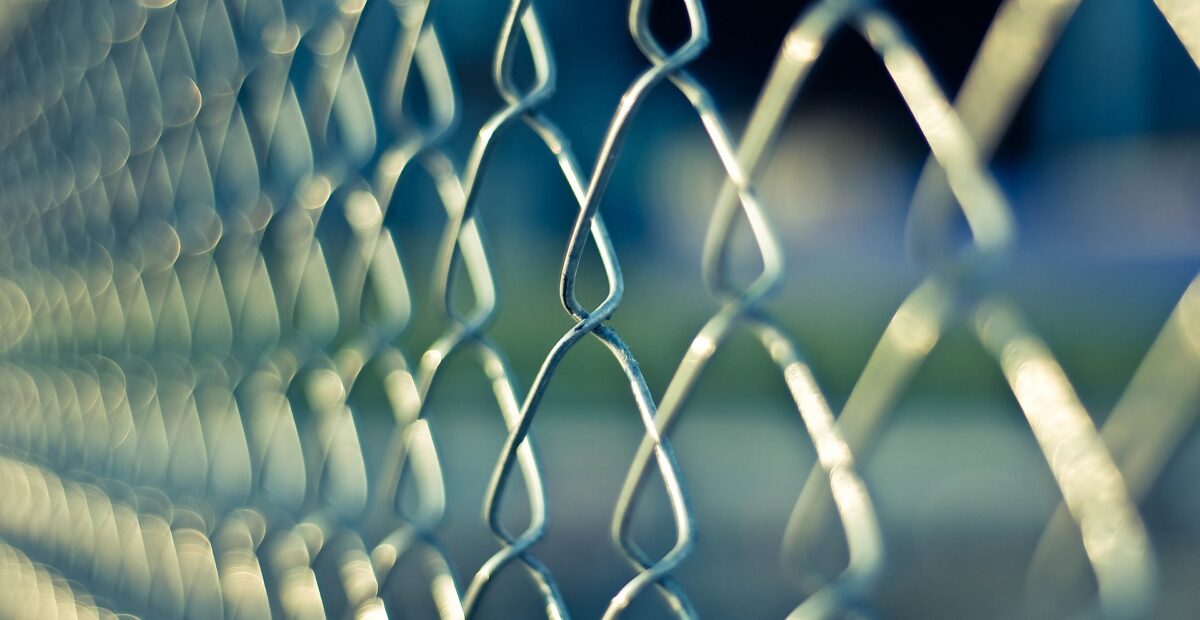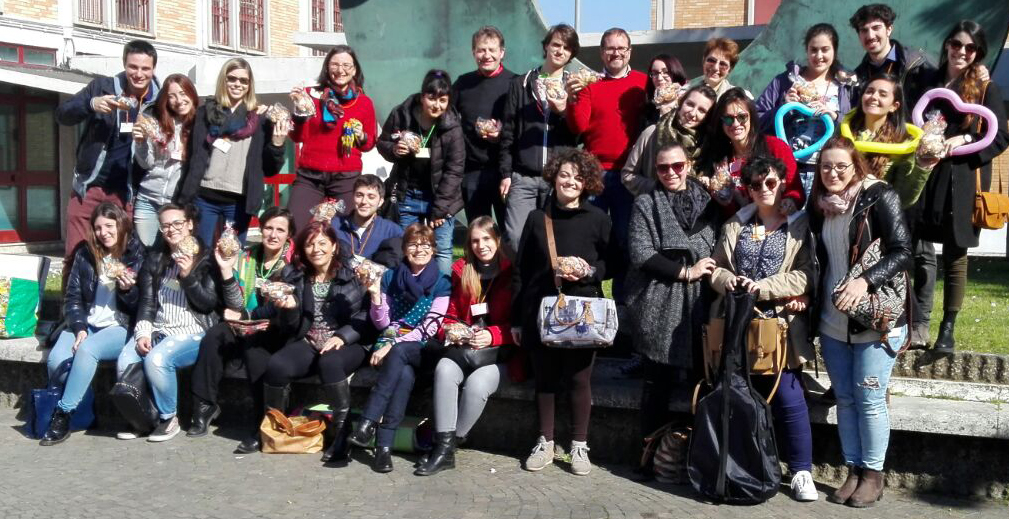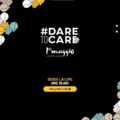
Workshop
Beyond bars, an experience of mutual care

Marta, a young Law graduate, talks about her career as a Civil Service volunteer at a prison in Prato, Italy. She changed the direction of her gaze from condemnation to caring as she began to establish relationships of deep friendship with the prisoners.
With a shy but determined voice, 29-year-old Marta Veracini, talks to us about her journey behind bars. After obtaining a Law degree, she worked for a period of time at the Court of Prato, which is her hometown. She had an office job that allowed her to directly observe the sentences that a judge established for detainees. “Every time I read them”, she says, “I got very upset, especially when they were about violent crimes. They seemed too small to me when compared to the crime that had been committed.” Marta decided to find out more: she obtained a Master’s Degree in Criminology and soon after joined the Civil Service Project organized by the University of Florence, in which volunteers assist inmates in preparing for university exams.
“The first time I went inside the prison”, Marta recounts, “and heard the electronic security doors closing behind me, I realized that it was very different from what I had been told: I didn’t meet any monsters, as some inmates are sometimes referred to in the media or in conversations at the bar – I only met people. People who, after all, were not so different from me: fathers, mothers, children, grandchildren, with all the same fears and frailties. People with whom I discovered that I could establish a dialogue and a relationship, professional at first, but then of friendship, based on listening and mutual respect”.
As the months passed, Marta’s gaze completely changed. She realized that she was not only helping and supporting the prisoners, but it was mostly they who were supporting and taking care of her. “It’s arrogant and deluded to believe that the world is divided into two groups: one that must teach and care for, and the other that must be taught and be passive and receptive… Everyone has something to give to the other, even the worst criminals who, by dint of being labeled as monsters, come to believe that they are monsters.” Moving beyond these labels, on the other hand, can open them to new possibilities. Therefore, right from the start, Marta decided that would never try to know the crimes for which the inmates were in prison. She only wanted to look at them as people, not as crimes that had been committed. This helped her to change the direction of her gaze towards them, and allowed relationships to be formed that were not between prisoner and volunteer, but simply between two human beings. “I learned that if hatred generates hatred, it is equally true that respect generates respect – and it’s almost mathematical!”
Marta shares one of many little anecdotes from here experience: “Once I was helping a student prepare for a Law exam. During the week prior to his examination, I lost a loved one from my family, and the inmate received confirmation of his sentence in the Court of Appeals. We were both in very bad shape. The lessons became an opportunity for the both of us to get away from everything. However, he was holding a lot of pain inside, which he only managed to confide to me at the last lesson. When he revealed to me everything he was feeling inside, he really shocked me. I suffered so much for him that in the end I was destroyed. Carrying the burden of that pain together, however, helped us both to move ahead, even suffering made us stronger. On the day of the exam, once finished, he came to thank me, telling me that without me he would never have made it.” As she pronounced this last sentence, Marta was unable to hold back her tears. “On the one hand, a life within my family had ended but, at the same time, I felt I had just saved another.”
At the end of her year of civil service, Marta had an idea with a Political Science student who was studying the history and value of care as a concept in view of writing an article on the topic, titled The Relationship That Cares*. Here are some excerpts which show how Marta’s experience was truly a path of transformation of her gaze that made a distinction between those who find themselves on one side of the bars, and those on the side of the bars. It turned out to be a year in which mutual care enabled her to create authentic human relationships of friendship and mutual respect. In fact, Marta decided not to put an end to this experience, she is still a volunteer at the prison today and, after a year of distance support due to the Pandemic, she has finally returned to look into the eyes of the people she wants to take care of and to be equally cared for by them.
(…) We would like to try to put into words what we experience every day inside prison walls. A reader who has never visited these places may be wondering how we can talk about care, attention for others and respect between murderers, violent individuals, scammers and drug dealers. But nothing could be further from the truth! In this year together we have experienced on both sides, prisoners and Civil Service volunteers, right here, where no one would think it was possible – the kind of caring that can be achieved, which is a medicine that heals every wound”.
“(…) The certainty that we carry within us from this experience and makes us look to the future with optimism is that if there is respect and attention toward other people, then a better world can be built also behind bars”.
* First published in the Spiragli magazine of the Prison Wing of the University of Tuscany on its website where the full article can be read (in Italian – click on “Spiragli n.3”, and go to page 15.)






